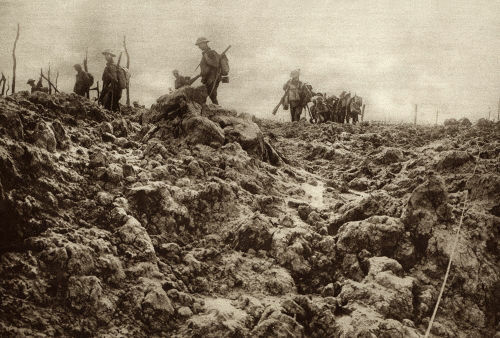The development of knowledge during the Middle Ages has different characteristics that deviate from that erroneous perspective that defines it as the “Dark Ages”. However, the predominance of religious values and other specific conditions make the medieval period unique in relation to other historical periods. In this sense, the expressive intellectual monopoly exercised by the Church established a culture with a strongly theocentric trait.
It is not by chance that the most prominent philosophers who emerged at this time were very concerned with discussing issues directly linked to the development and understanding of Christian doctrines. As early as the third century, Tertullian pointed out that knowledge could not be valid if it were not linked to Christian values. Soon afterward, other clerics argued that the truths of dogmatic Christian thought could not be subordinated to reason.
On the other hand, there were other medieval thinkers who did not advocate this complete opposition between faith and reason. One of the most expressive representatives of this conciliation was Saint Augustine, who between the 4th and 5th centuries defended the search for rational explanations that would justify beliefs. In his works “Confessions” and “City of God”, inspired by Plato, he points to the omnipresent value of divine action. For him, man would not have autonomy to achieve his own spiritual salvation.
The idea of subordination of man to God and of reason to faith ended up having great predominance for several centuries in medieval philosophical thought. More than reflecting interests that legitimated the religious power of the time, the negativism impregnated in Santo's ideas Augustine must be seen as a close consequence of the disturbances, wars and invasions that would come to mark the formation of the world medieval.
Do not stop now... There's more after the advertising ;)
However, the transformations experienced with the Low Middle Ages promoted an interesting review of Augustinian theology. The so-called scholastic philosophy appeared with the aim of promoting harmonization between the fields of faith and reason. Among its main representatives was Saint Thomas Aquinas, who during the 13th century taught at University of Paris and published “Summary Theology”, a work in which he dialogues with different points of thought Aristotelian.
St. Thomas, perhaps influenced by the rigors that organized the Church, was concerned with creating forms of knowledge that would not stray from any type of questioning. At the same time, his work had a more optimistic composition in relation to the figure of man. This is because he believed that not all things to be unveiled in the world depended solely and exclusively on divine action. In this way, man would have an active role in the production of knowledge.
Despite this new conception, scholastic philosophy did not promote a distance from religious issues, much less, distanced itself from them. Even recognizing the positive value of man's free will, scholasticism defends the central role that the Church would have in defining the paths and attitudes that could lead man to salvation. With that, the scholastics promoted the fight against heresies and preserved the primordial functions of the Church.
By Rainer Sousa
Master in History
Would you like to reference this text in a school or academic work? Look:
SOUSA, Rainer Gonçalves. "Medieval Philosophy"; Brazil School. Available in: https://brasilescola.uol.com.br/historiag/filosofia-medieval.htm. Accessed on July 27, 2021.



